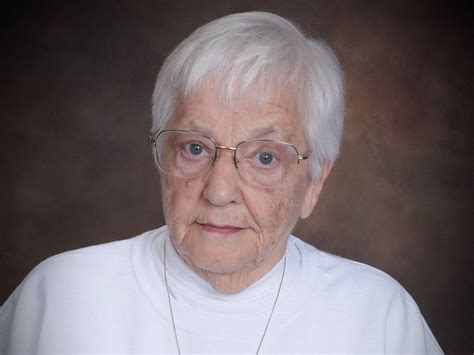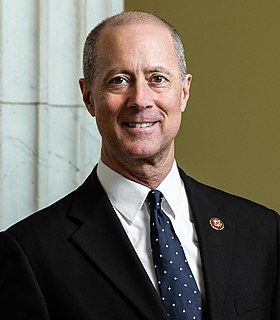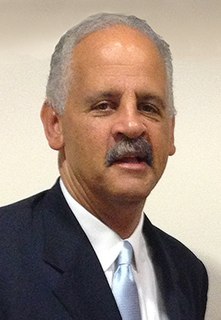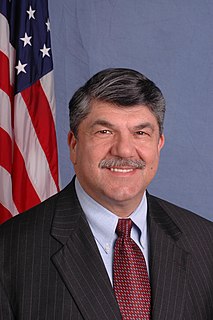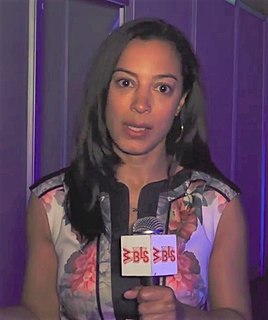A Quote by Jane Elliott
White people’s number one freedom, in the United States of America, is the freedom to be totally ignorant of those who are other than white. We don’t have to learn about those who are other than white. And our number two freedom is the freedom to deny that we’re ignorant.
Related Quotes
America touts itself as the land of the free, but the number one freedom that you and I have is the freedom to enter into a subservient role in the workplace. Once you exercise this freedom you’ve lost all control over what you do, what is produced, and how it is produced. And in the end, the product doesn’t belong to you. The only way you can avoid bosses and jobs is if you don’t care about making a living. Which leads to the second freedom: the freedom to starve.
The marvelous new militancy which has engulfed the Negro community must not lead us to a distrust of all white people, for many of our white brothers, as evidenced by their presence here today, have come to realize that their destiny is tied up with our destiny and their freedom is inextricably bound to our freedom.
I've been very lucky in the freedom that I've been given. Every artist needs two types of freedom: You need the freedom to - the freedom to come up with an idea or treatment - and then you need the other half of the freedom, and that's freedom from - somebody saying, 'This is great. This is how I want you to do it'.
I've been very lucky in the freedom that I've been given. Every artist needs two types of freedom: You need the freedom to - the freedom to come up with an idea or treatment - and then you need the other half of the freedom, and that's freedom from - somebody saying, 'This is great. This is how I want you to do it.'
Freedom is about a way of thinking. Freedom is about understanding that you can do anything that you want and freedom is about being able to take information and education and make it relevant to your own growth every single day. Freedom is not staying in the box. Freedom is not doing what other people want you to do.
I say let's go back to a truer use of the word 'freedom.' Let's start with President Franklin Roosevelt's Four Freedoms: freedom of speech and expression, freedom of worship, freedom from want and freedom from fear. I would add the freedom to bargain collectively. Those freedoms are under attack today.
Two Soviets . . . were talking to each other. And one of them asked, "What's the difference between the Soviet Constitution and the United States Constitution?" And the other one said, "That's easy. The Soviet Constitution guarantees freedom of speech and freedom of gathering. The American Constitution guarantees freedom after speech and freedom after gathering."
"Freedom" is probably the word he said more than any other. He used the word freedom constantly. I think for some his frequent calls for freedom became a cliché because he did it so often. They didn't get it, but Reagan certainly did. He thought deeply about the relationship between God and human freedom and the nonrelationship between atheistic communism and that freedom.
